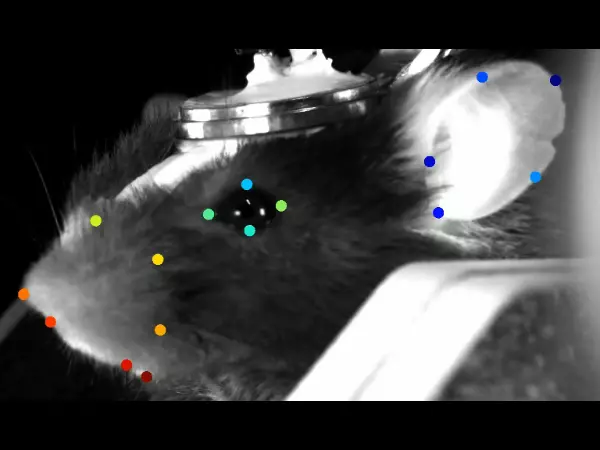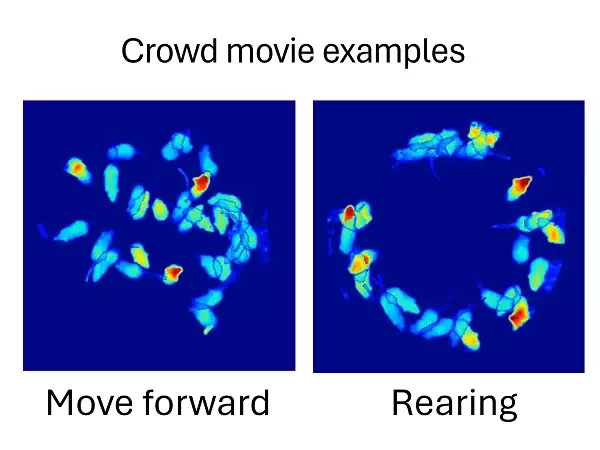About me
I am an experienced neuroscientist with over 12 years of expertise in molecular, cellular, and systems neuroscience. My skill set spans a wide range of traditional and cutting-edge techniques, including molecular biology, animal behavior, electrophysiology, and data analysis.
I provide technical consulting services to clients in neuroscience. I can travel on-site to locations within San Diego or out of state for short-term projects. I also offer remote services worldwide. For more information or collaboration opportunities, please feel free to contact me.
Services Provided
-
Custom Platform Development
Animal behavior, neural activity recordings.
-
Neuro Data Analysis
Behavioral metrics, physiological measures, neural activity.
-
Support and Documentation
Open-source tools for neuroscience.
-
Others
Workshops, specialized training.



